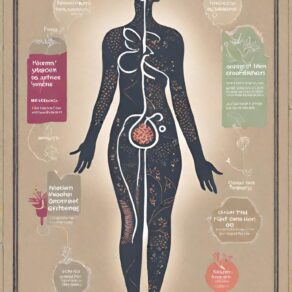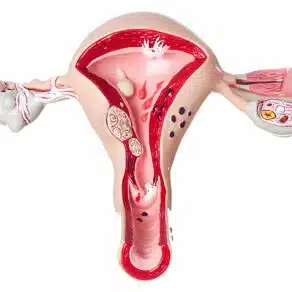Table of Contents:
- Holistic Women’s Health
- Essential Coverage Components
- Reproductive Health Navigation
- Mental Well-being Support
- Preventive Screening & Vaccines
- Chronic Condition Management
- Unique Healthcare Needs
1. Understanding Women’s Health: A Holistic Perspective
Women’s health encompasses a broad spectrum of physical, mental, and emotional well-being unique to individuals assigned female at birth. It extends beyond reproductive health, encompassing various aspects crucial for a woman’s overall wellness.
2. Essential Components of Women’s Health Coverage
Women’s health coverage typically includes preventive services, maternity care, contraception, screenings for breast and cervical cancer, and management of chronic conditions like osteoporosis and menopause-related issues. Access to these services ensures women can maintain optimal health throughout their lives.
3. Navigating Reproductive Health Services
Reproductive health services encompass family planning, prenatal care, childbirth, and postpartum support. Coverage often includes contraceptive methods, fertility treatments, and prenatal screenings, ensuring women have access to comprehensive reproductive care tailored to their needs.
4. Mental Health and Emotional Well-being
Mental health is a crucial component of women’s overall well-being. Coverage for mental health services, including therapy and counseling, addresses conditions such as depression, anxiety, and postpartum depression. Recognizing and addressing mental health needs is essential for promoting resilience and emotional wellness in women.
5. Preventive Care: Screening and Vaccinations
Preventive care plays a pivotal role in women’s health, encompassing regular screenings for conditions like breast and cervical cancer, as well as vaccinations against diseases such as HPV and influenza. Timely screenings and immunizations are vital for early detection and prevention of various health issues.
6. Chronic Conditions: Management and Treatment
Women are susceptible to chronic conditions like cardiovascular disease, diabetes, and autoimmune disorders. Comprehensive health coverage includes management and treatment options tailored to address these conditions, ensuring women can effectively manage their health and maintain a high quality of life.
7. Addressing Women’s Unique Healthcare Needs
Women have unique healthcare needs that require specialized attention. This includes gynecological care, menopause management, sexual health services, and access to reproductive technologies. Comprehensive coverage acknowledges and addresses these specific needs, empowering women to make informed decisions about their health.
8. Frequently Asked Questions
A: Recommended preventive screenings for women include mammograms for breast cancer, Pap smears for cervical cancer, cholesterol checks for heart disease, and bone density scans for osteoporosis.
A: Yes, maternity services, including prenatal care, childbirth, and postpartum support, are typically covered under women’s health plans. Coverage may vary, so it’s essential to review specific policy details.
A: Mental health services for women may include therapy, counseling, and support groups for conditions such as depression, anxiety, and postpartum depression. Many health plans offer coverage for these services.
In conclusion, women’s health coverage encompasses a diverse range of services aimed at promoting physical, mental, and emotional well-being throughout every stage of life. By understanding the comprehensive scope of women’s health and accessing appropriate healthcare services, women can prioritize their health and lead fulfilling lives.





